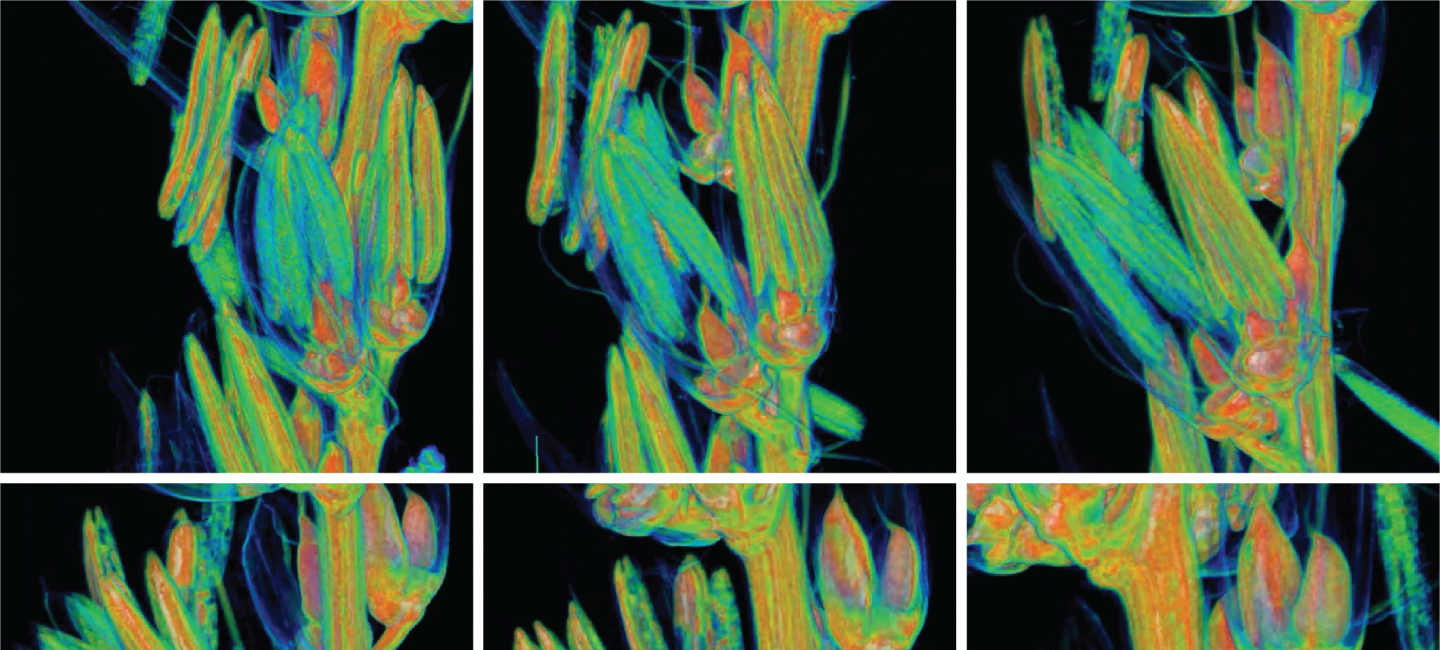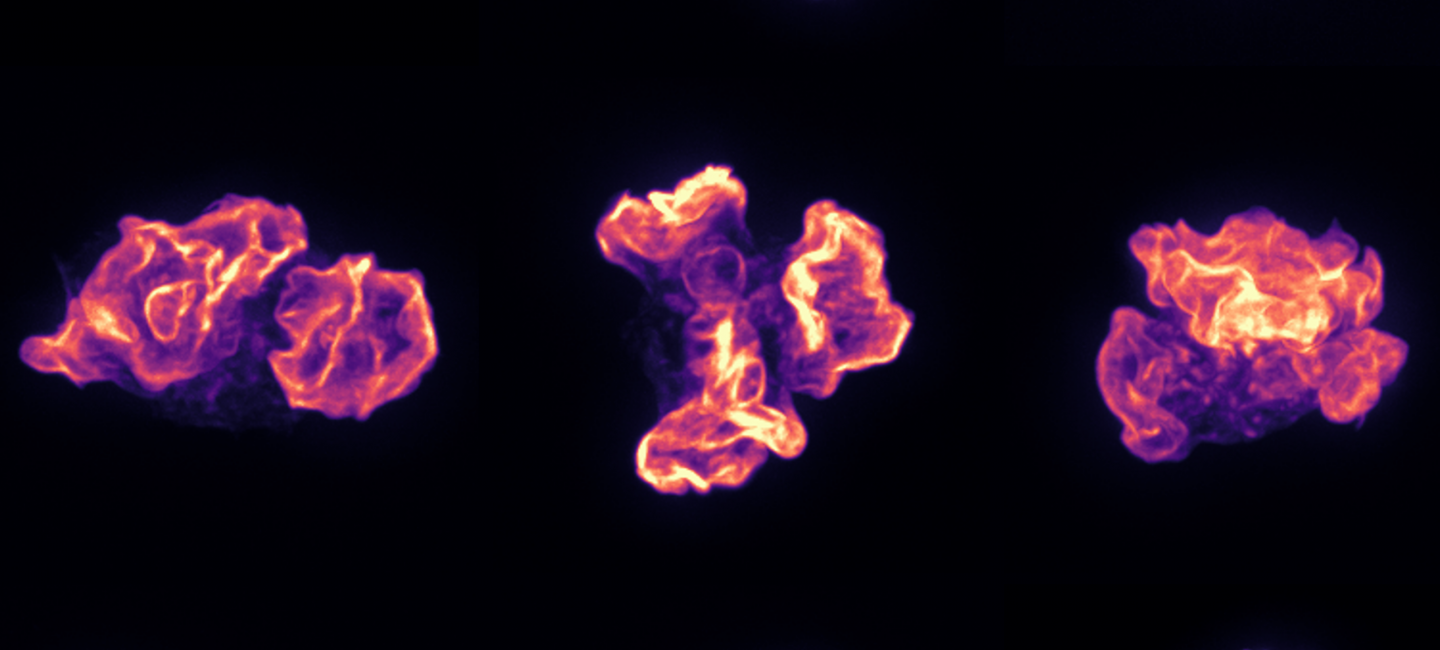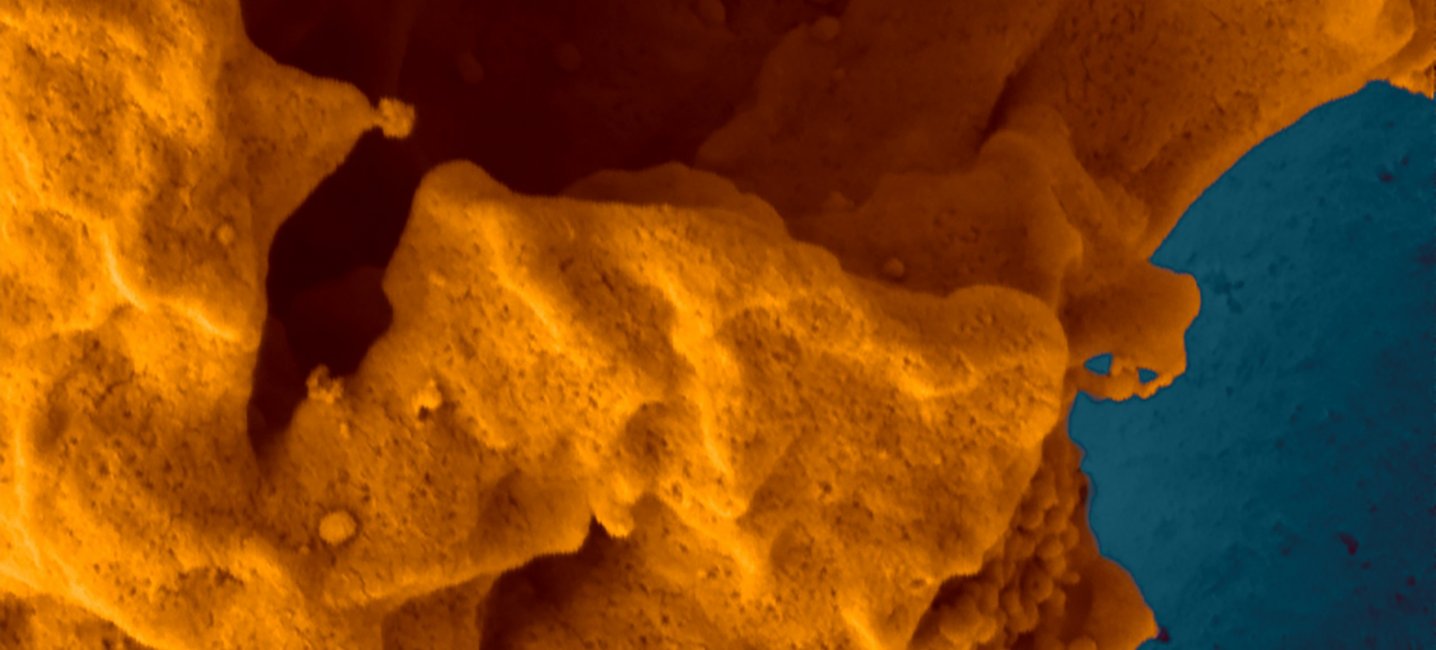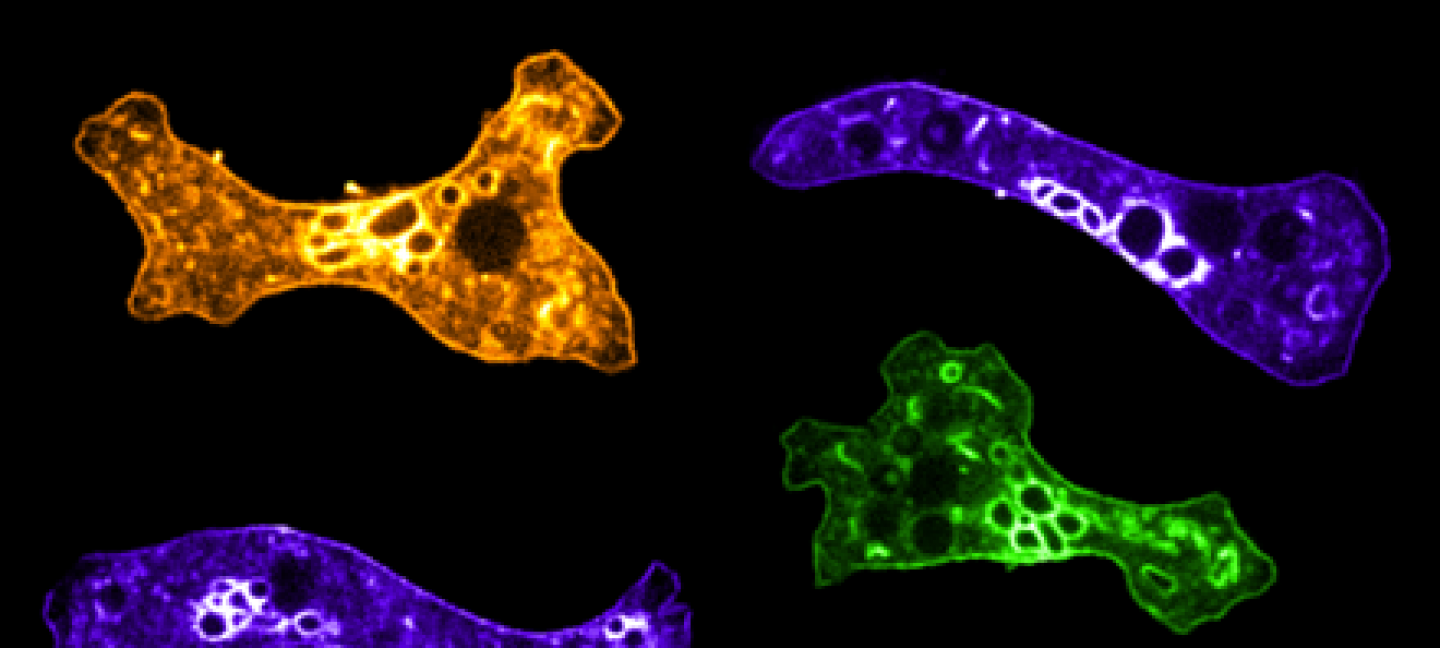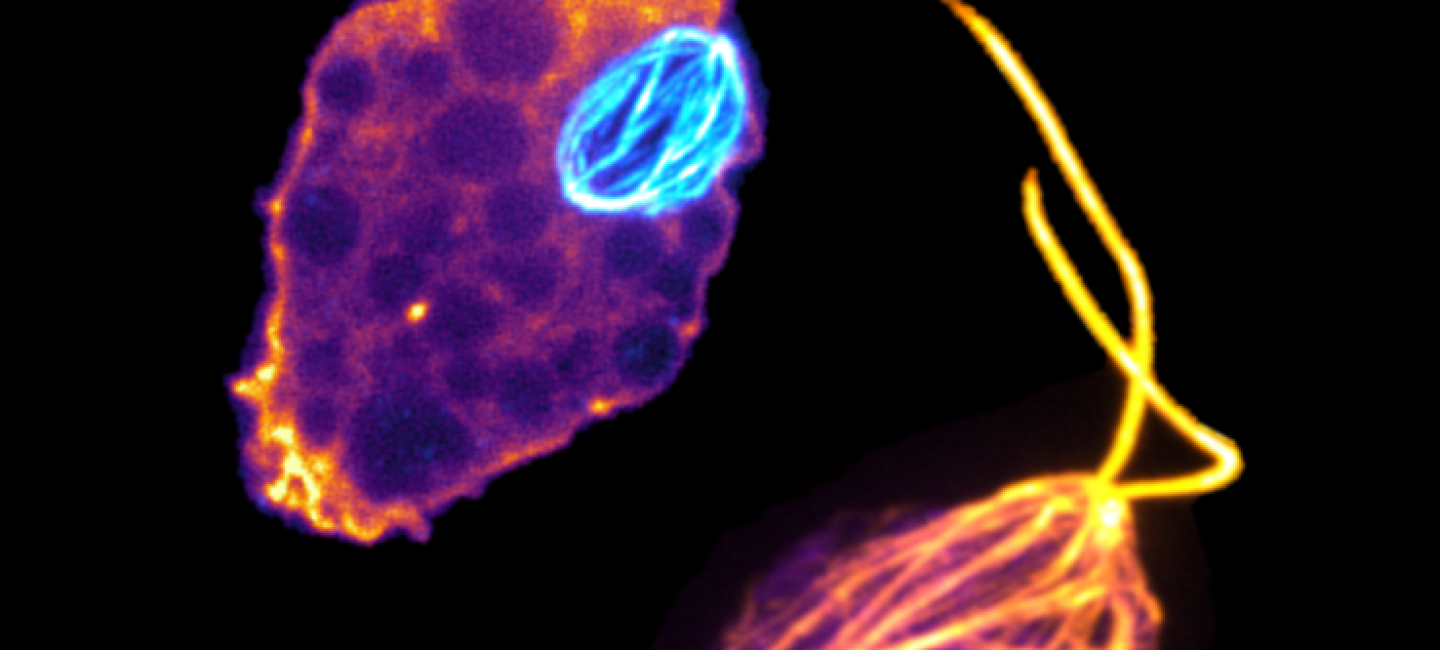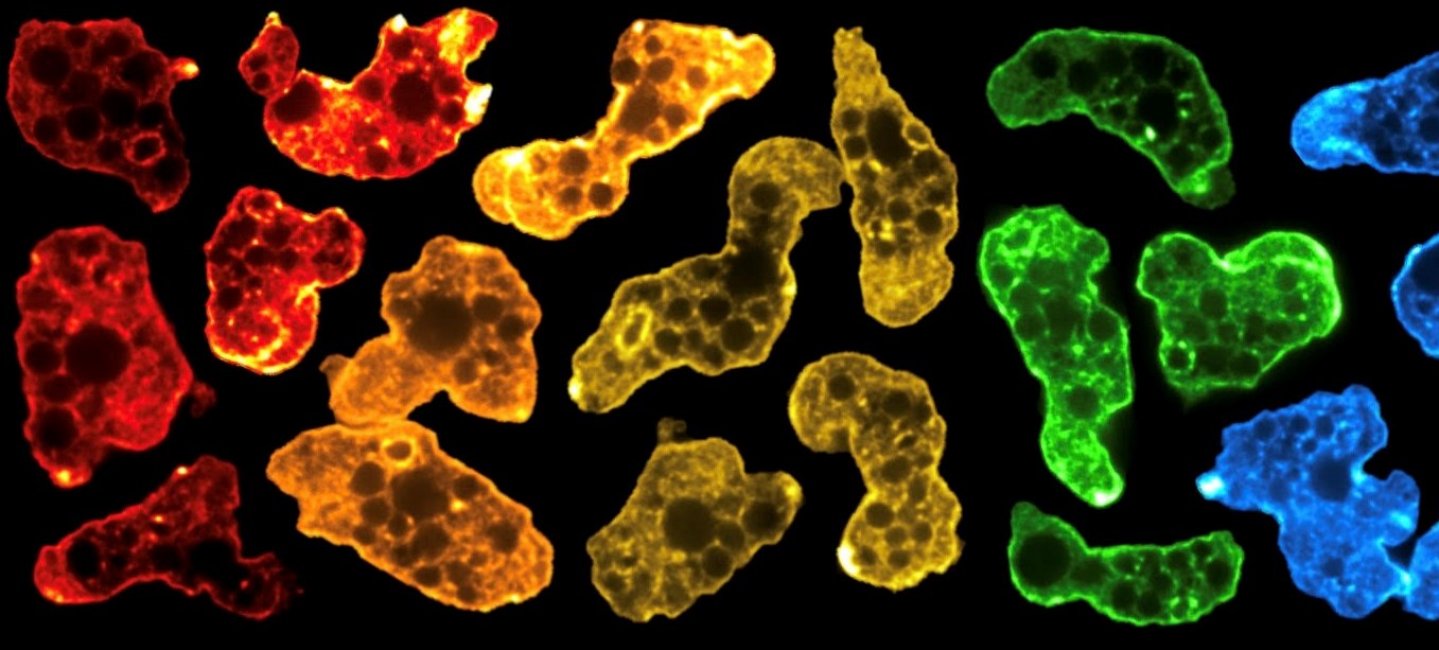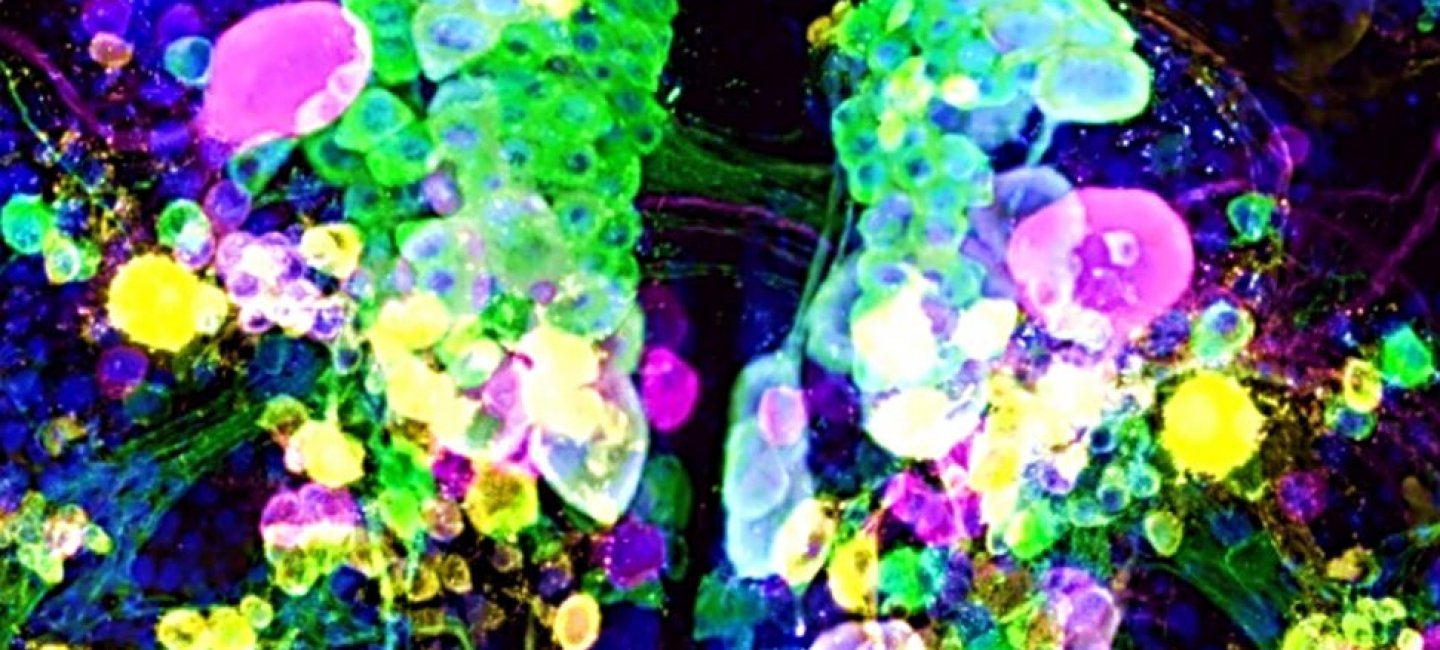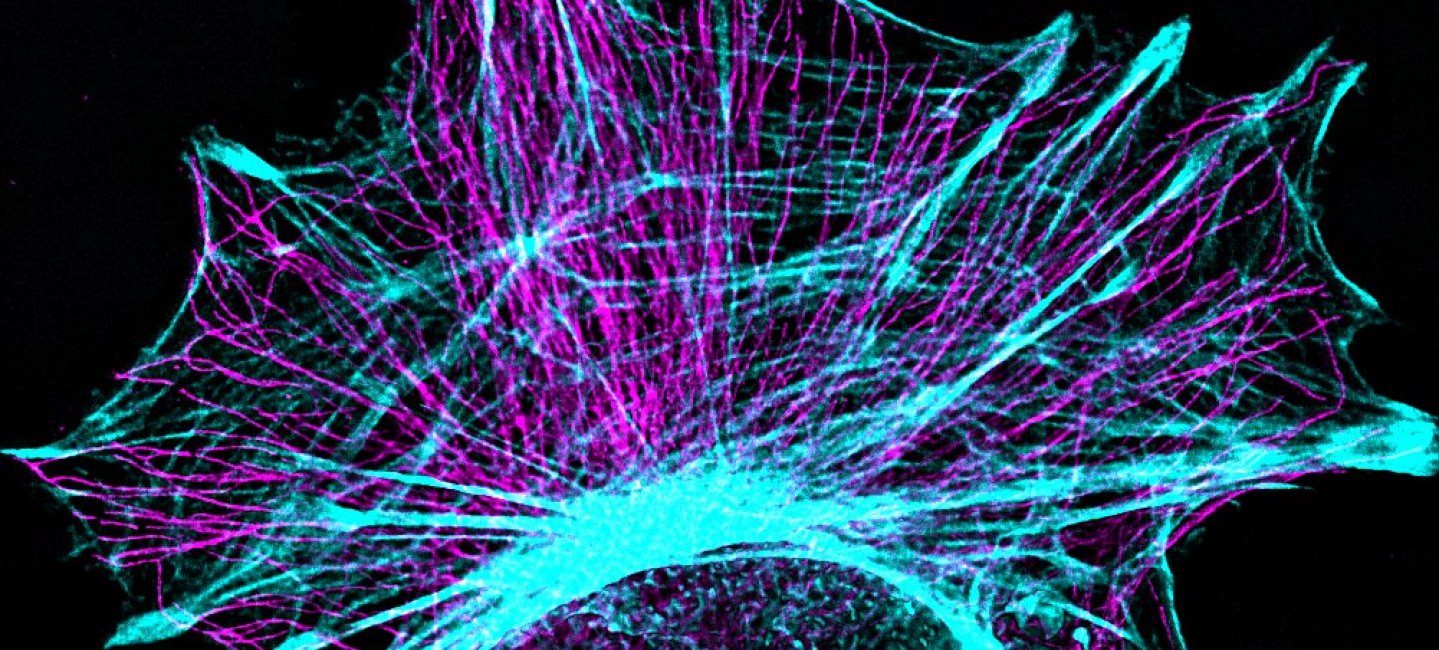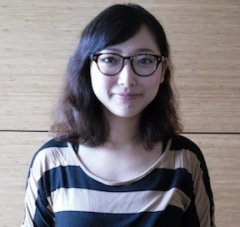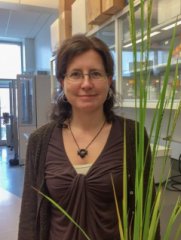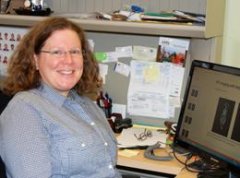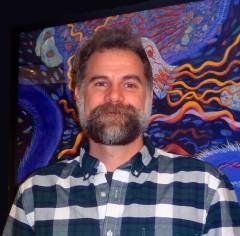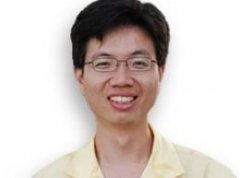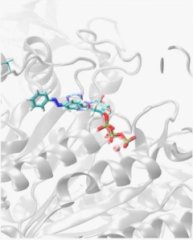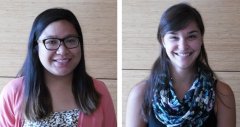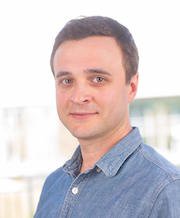News & Announcements
Di Chu PhD Dissertation Defense
Di Chu PhD Dissertation Defense
Monday, August 24, 2020
10:00 AM
Zoom link: Please contact mcb@mcb.umass.edu to be included on the email list for this announcement
Dissertation Title: "A Potential Pharmacological Chaperone for Human Lysosomal Neuraminidase 1"
Advisor: Scott Garman
Ana Caicedo Receives an Alexander von Humboldt Research Award
Ana Caicedo Receives an Alexander von Humboldt Research Award
Evolutionary biologist Ana Caicedo, associate professor of biology, has received an Alexander von Humboldt Research Award to support her collaboration with Detlef Weigel, head of the molecular biology department and executive director of the Max Plank Institute for Developmental Biology in Tübingen, Germany. Caicedo spent the recent spring semester there as a guest researcher while on sabbatical.
She studies how plants adapt to new environments such as those created by agriculture. Her research focuses on the domestication of crops – a recent study traced the evolution of tomatoes – and the evolution of agricultural weeds, such as weedy rice.
She says of the honor, “I’m delighted at being given this opportunity to work with collaborators in Germany. This award is particularly meaningful to me, given that many of Humboldt’s insights came from his explorations of South America, which is where I grew up.” Read more
Michelle Farkas Named Scialog Fellow
Michelle Farkas Named Scialog Fellow
Research Corporation for Science Advancement (RCSA) has named Michelle Farkas, chemistry, one of 13 new Fellows for its Scialog: Chemical Machinery of the Cell (CMC) initiative.
Co-sponsored by RCSA and the Gordon and Betty Moore Foundation, Scialog: Chemical Machinery of the Cell aims to catalyze breakthroughs in our understanding of chemical processes in the living cell that will lead to a new era of advancement in cell biology.
Scialog is short for “science + dialog.” As part of each multiyear initiative, a diverse and inclusive cohort of Fellows is selected from multiple disciplines and institutions across the U.S. and Canada to maximize creative thinking and innovative ideas. Read more
How Cells Keep Growing Even When Under Attack
How Cells Keep Growing Even When Under Attack
In an unexpected new finding, biochemists at the University of Massachusetts Amherst report observing that a damage-containment system in stressed bacteria can become overrun and blocked, but that this leads to cells responding by turning on very different pathways to make sure that normal growth continues.
Rilee Zeinert, a recent alumnus of the Molecular and Cell Biology Program and his advisor, professor Peter Chien, report on their recent experiments and discovery about how bacteria switch gears to respond to different stresses but still maintain normal cell functions like DNA replication in the recent issue of the Cell journal, Molecular Cell. Other contributing authors include Benjamin Tu and Hamid Baniasadi at the University of Texas Southwestern Medical Center. Read more
UMass Amherst Biologists Zero in on Cells’ Environmental Sensing Mechanism
UMass Amherst Biologists Zero in on Cells’ Environmental Sensing Mechanism
Evolutionary and developmental biologist Craig Albertson and colleagues at the University of Massachusetts Amherst report that they have identified a molecular mechanism that allows an organism to change the way it looks depending on the environment it is exposed to, a process known as phenotypic plasticity.
In addition to lead investigators Albertson and Rolf Karlstrom, the team includes recently graduated doctoral students Dina Navon and Ira Male, current Ph.D. candidate Emily Tetrault and undergraduate Benjamin Aaronson. Their paper appears now in Proceedings of the National Academy of Sciences. Read more
A New Role for a Tiny Linker in Transmembrane Ion Channels
A New Role for a Tiny Linker in Transmembrane Ion Channels
In the molecular-level world of ion channels – passageways through membranes that carry signals in a cell’s environment and allow it to respond – researchers have debated about the role of a small piece of the channel called a linker, says computational biophysicist Jianhan Chen at the University of Massachusetts Amherst.
The linker communicates between the pore and its environment-sensing apparatus, and knowing its function – whether it’s inert or plays an active sensing role – has been unclear. But it might lead to a new target for drugs and treatment in conditions such as hypertension, autism, epilepsy, stroke and asthma, he adds. Now, Chen and colleagues at Washington University report in eLife that their experiments have revealed “the first direct example of how non-specific membrane interactions of a covalent linker can regulate the activation of a biological ion channel.” Read more
UMass Amherst Team Makes Artificial Energy Source for Muscle
UMass Amherst Team Makes Artificial Energy Source for Muscle
Kinesiologist and lead author Ned Debold and chemist Dhandapani Venkataraman, “DV,” began talking on their bus commute to the University of Massachusetts Amherst and discovered their mutual interest in how energy is converted from one form to another – for Debold, in muscle tissue and for DV, in solar cells. Debold told the chemist how researchers have been seeking an alternative energy source to replace the body’s usual one, a molecule called adenosine triphosphate (ATP). Such a source could control muscle activity, and might lead to new muscle spasm-calming treatments in cerebral palsy, for example, or activate or enhance skeletal muscle function in MS, ALS and chronic heart failure.
The two soon saw that they would need someone to model interactions between the molecules DV was making and the myosin molecules Debold was using to test them. They invited computational chemist Jianhan Chen. This month, the researchers report in the Biophysical Journal that they have made a series of synthetic compounds to serve as alternative energy sources for the muscle protein myosin, and that myosin can use this new energy source to generate force and velocity. Read more
Two MCB Alumnae Receive Byron Prize for Best Dissertation
Two MCB Alumnae Receive Byron Prize for Best Dissertation
Congratulations to Kathy Sanidad and Alex Wells on receiving the 2020 Byron Prize for Best Dissertation! Kathy and Alex both earned PhD degrees from MCB in 2019.
While at UMass, Kathy worked in Guodong Zhang's lab, and did her dissertation project on "Environmental Risk Factors for Inflammatory Bowel Disease: Triclosan and Other Consumer Antimicrobials." Dr. Sanidad is currently a postdoc in Melody Zeng’s lab in Weill Cornell Medicine, working on two projects focused on host-gut microbiome interactions in the context of human health and disease.
Alex worked in the Pobezinsky lab at UMass, and wrote her dissertation on "Let-7 MiRNAs Program The Fate Of CD8 T Cells." Dr. Wells is currently a postdoc in Yasmine Belkaid’s lab at NIAID/NIH, where they aim to understand the mechanisms controlling host microbe interactions at barrier sites such as the skin and the gut, two sites that represent the first portal of pathogen exposure and are major anatomical sites for development of inflammatory disorders.
Save the Date: Alex and Kathy will be presenting about their research for an MCB seminar on Tuesday, September 22, 2020, from 4-5pm!
MCB Faculty Receive CNS Outstanding Achievement Awards
MCB Faculty Receive CNS Outstanding Achievement Awards
Dean Tricia Serio of the College of Natural Sciences (CNS) recently announced this year’s recipients of the college’s Outstanding Achievement Awards, which recognize faculty, staff and students who have made important contributions to their discipline, department, college and university. The following MCB faculty were recognized with these awards:
Teaching
Randall Phillis, associate professor, biology
Research
Lila Gierasch, distinguished professor, biochemistry and molecular biology
Li-Jun Ma, associate professor, biochemistry and molecular biology
Service/Engagement
Janice Telfer, professor, veterinary and animal sciences
Congratulations to all of the award winners! Read more
Pobezinsky Receives NIH Grant to Investigate RNA and T-cells
Pobezinsky Receives NIH Grant to Investigate RNA and T-cells
Immunologist Leonid Pobezinsky, veterinary and animal sciences, recently received a five-year, $2.7 million grant from the NIH’s National Institute for Allergy and Infectious Diseases to study specialized microRNA and T-cells. He and his colleagues plan to take a very specific and narrow approach to exploring the possible role of the small non-coding ribonucleic acid (RNA) known as let-7 microRNA in fine-tuning the immune system’s balance of T-cell survival and function.
Pobezinsky will collaborate with his wife, research assistant professor Elena Pobezinskaya, associate professor Eric Strieter, chemistry, an expert in protein homeostasis, and assistant professor of biology Courtney Babbitt, an expert in quantitative biology and big data analysis. Together they will explore the molecular mechanisms of let-7 mediated regulation of the immune responses. Read more
